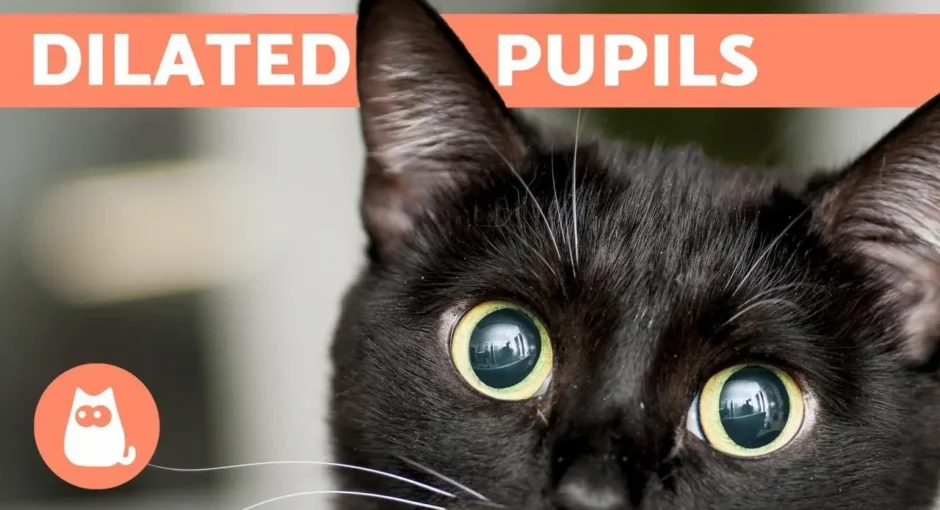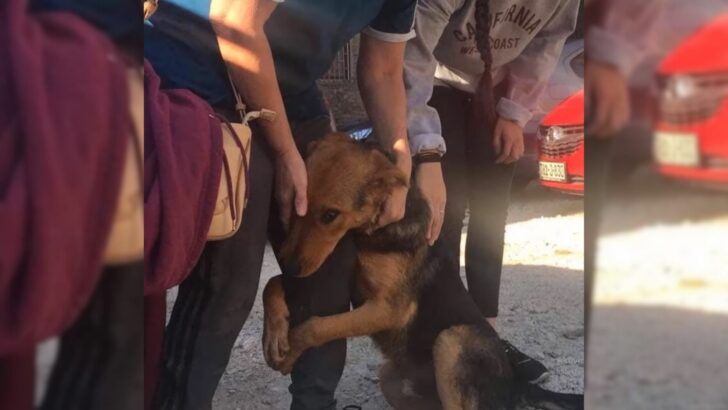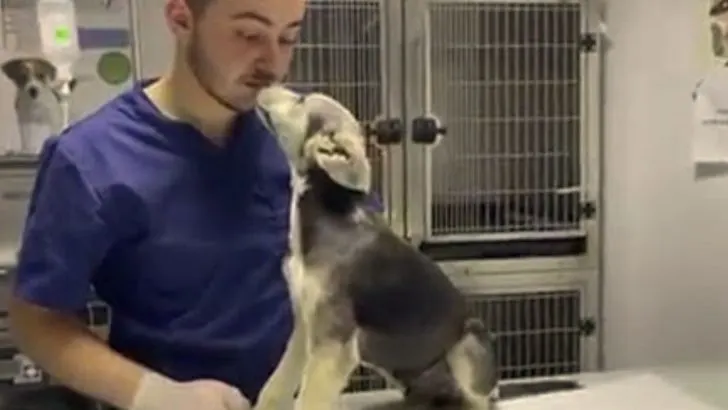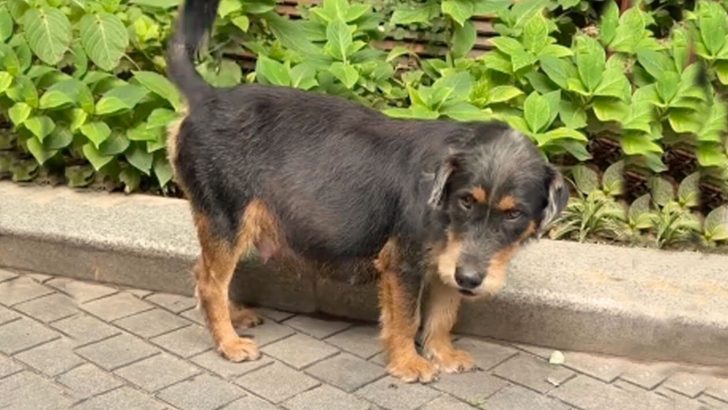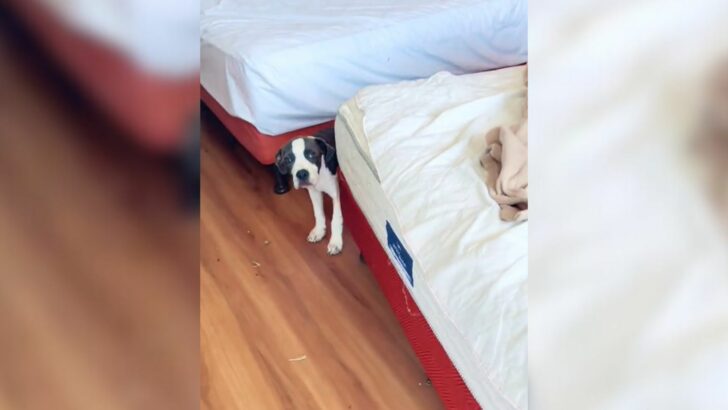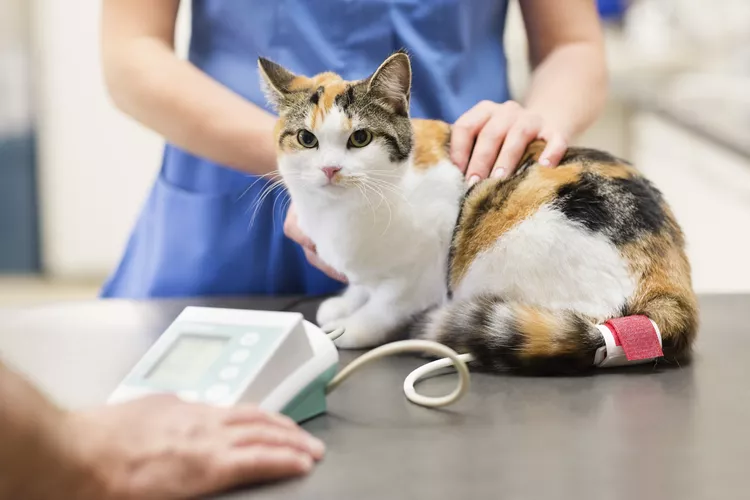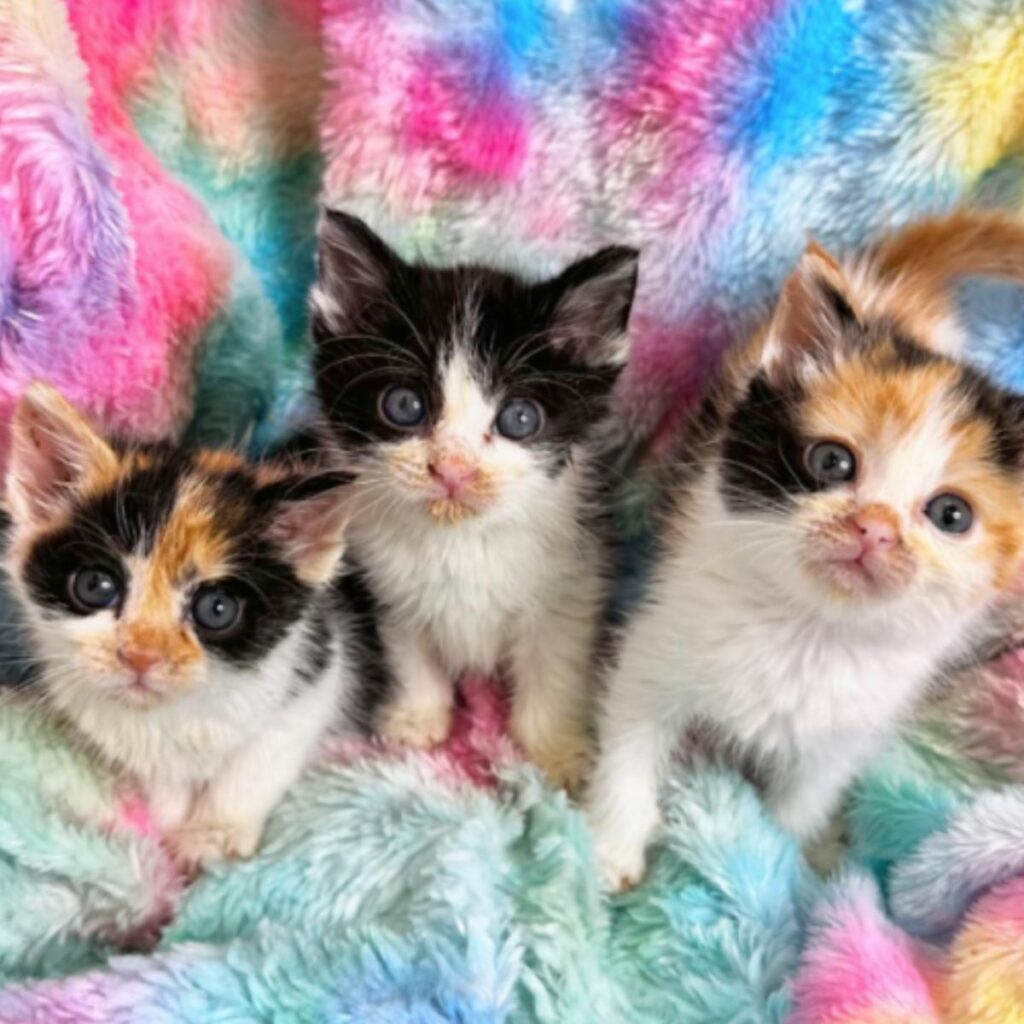Have you ever noticed your cat‘s pupils dilate and wondered why it happens?
It’s not just a significant; there are several compelling reasons behind this fascinating behavior.
From sharpening their hunting instincts to expressing a range of emotional responses, the dilation of a cat‘s pupils plays a vital role in their survival and communication.
Understanding these reasons can offer valuable insights into your cat‘s needs and well-being.
So, why exactly do those pupils change size, and what can they tell you about your cat‘s state of mind and health?
Read more: Why Do Cats Lick Each Other’s Butts? The Surprising Answer
Hunting Instincts
When cats are hunting, their pupils dilate to help them see better in low light conditions.
This dilation is a vital adaptation that allows more light to enter their eyes, enhancing their night vision, which is essential for a nocturnal predator.
You might notice that your cat‘s eyes become almost fully black when they’re stalking a toy or moving silently through a dimly lit room.
This change in pupil size sharpens their ability to detect movement and detail, giving them an edge in catching prey.
Cats are crepuscular, meaning they’re most active during dawn and dusk.
During these times, light levels are low, so their dilated pupils help them navigate their environment more effectively.
This adaptation not only improves their hunting skills but also aids in avoiding potential dangers.
By maximizing their vision, cats can better judge distances and movements, making them formidable hunters.
Moreover, the ability to quickly dilate and constrict their pupils allows cats to adapt swiftly to varying lighting conditions, ensuring they’re always ready to pounce.
Understanding this aspect of feline behavior can help you appreciate the incredible adaptations that make your cat a skilled and efficient hunter.
Read more: Why Your Cat Carries Toys And Meows: A Playful Bond Explained
Emotional Responses
Cats’ pupils can also dilate in response to various emotional states, reflecting their feelings of excitement, fear, or aggression.
When your cat encounters something thrilling, like a new toy or a fluttering bird outside the window, you might notice their eyes widen.
This dilation helps them take in more visual information, heightening their sense of curiosity and readiness to pounce.
Fear is another powerful emotion that can cause your kitty’s pupils to expand. If your furry companion feels threatened, their eyes will often become large and round.
This physiological response prepares them to either fight or flee by enhancing their visual perception, allowing them to better assess potential dangers.
Aggression can also trigger pupil dilation.
When a cat is in a confrontational situation, their pupils may grow larger, signaling their readiness to defend themselves.
This is often accompanied by other body language cues, such as flattened ears and a puffed-up tail, indicating that your cat is feeling particularly threatened or aggressive.
Read more: Why Do Cats Bite Their Nails? What Is Actually Behind This Habit?
Environmental Light
In addition to emotional responses, your cat‘s pupils will dilate or contract based on changes in environmental light.
When your cat moves from a brightly lit room to a darker space, their pupils will expand to let in more light, helping them see better in the dim environment.
This adaptation is essential for their nocturnal nature, allowing them to hunt and navigate effectively during low-light conditions.
Conversely, when your cat steps into a well-lit area, their pupils will contract to reduce the amount of light entering their eyes, protecting their sensitive retinas from potential damage.
This rapid adjustment helps maintain excellent vision and prevents the discomfort caused by excessive brightness.
You might notice this change if your cat moves around the house during different times of the day or if you turn on a light suddenly in a dark room.
It’s a natural, automatic response that ensures your cat can see as clearly as possible, regardless of the lighting conditions.
Understanding this can help you better appreciate your cat‘s remarkable ability to adapt to their environment and can be a useful indicator of their overall well-being.
Read more: Catnip: Harmless Fun Or Kitty Drug? Find Out Here!
Health Indicators
Pupil dilation can serve as a critical indicator of your cat‘s overall health and well-being.
When your cat‘s pupils are consistently dilated in normal lighting conditions, it may signal underlying health issues.
For instance, hypertension, a common issue in older cats, can cause prolonged pupil dilation. High blood pressure can lead to serious complications like blindness if not promptly addressed.
Additionally, neurological disorders might be at play.
Conditions affecting the brain, such as trauma or brain tumors, can cause abnormal pupil dilation. Monitoring your cat‘s pupils can help you catch these issues early, potentially saving your pet from severe health problems.
Eye infections or inflammations, such as uveitis, can also result in pupil dilation.
Symptoms like redness, discharge, or your cat rubbing its eyes indicate a need for veterinary attention.
Furthermore, certain medications or toxins can affect pupil size. If your cat‘s pupils are dilated and they exhibit unusual behavior, contact your vet immediately.
Regularly checking your cat‘s eyes can help you spot these signs early. If you notice persistent changes in their pupil size, it’s best to consult your veterinarian.
Early intervention can make a significant difference in your cat‘s health and quality of life.
Read more: Why Did My Cat Stop Sleeping With Me? Tips To Rekindle The Cuddle
Communication Signals
Your cat‘s dilated pupils can serve as a powerful communication tool, revealing their emotional state and intentions. When you notice your cat‘s eyes widening, it’s often a sign they’re feeling excited, playful, or even scared.
For instance, if you’re engaging in a fun activity like playing with a feather toy, your cat‘s pupils may dilate in response to the excitement and heightened focus.
Conversely, if your cat encounters a sudden, loud noise or an unfamiliar person, their pupils might also expand out of fear or anxiety.
On the other hand, consistently dilated pupils paired with other stress signs, like flattened ears or a twitching tail, can suggest your cat is feeling threatened or uneasy.
Recognizing these cues helps you create a more comfortable and responsive environment for your kitty companion.
Read more: Mountain Lion Attacks & Drags Away Dog in California
Conclusion
Understanding why your cat‘s pupils dilate helps you better meet their needs and safeguards their well-being.
Whether it’s their natural hunting instincts, emotional responses, or reactions to light, knowing these triggers can improve your bond.
Additionally, recognizing changes in pupil size as vital health indicators or communication signals is essential for early intervention and effective care.
By paying close attention to these cues, you’re not just a pet owner; you’re an attentive and caring friend.
